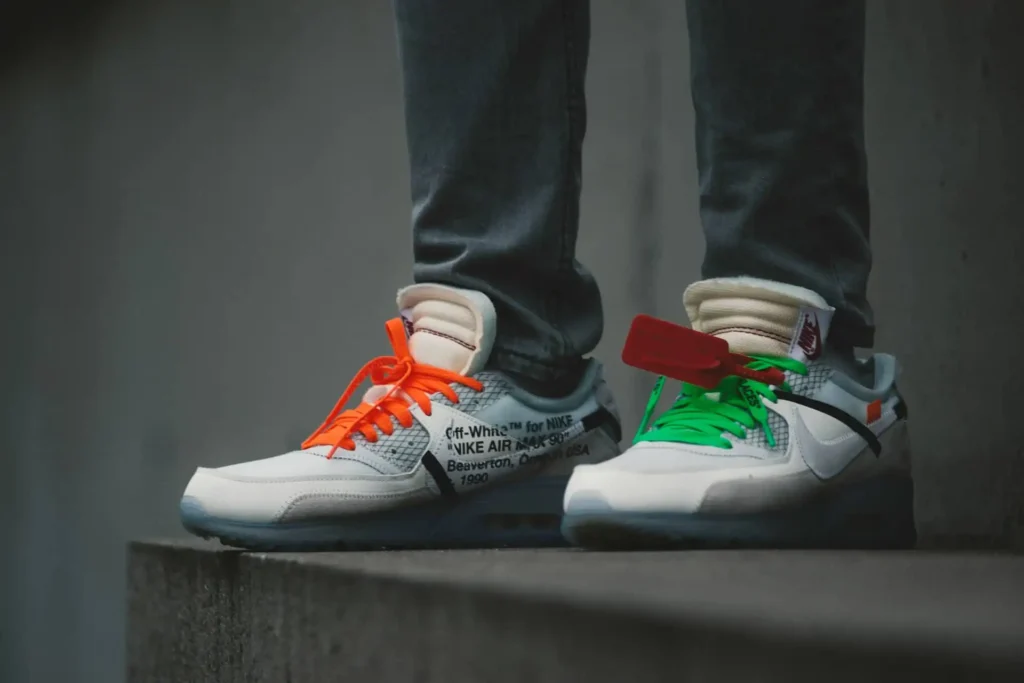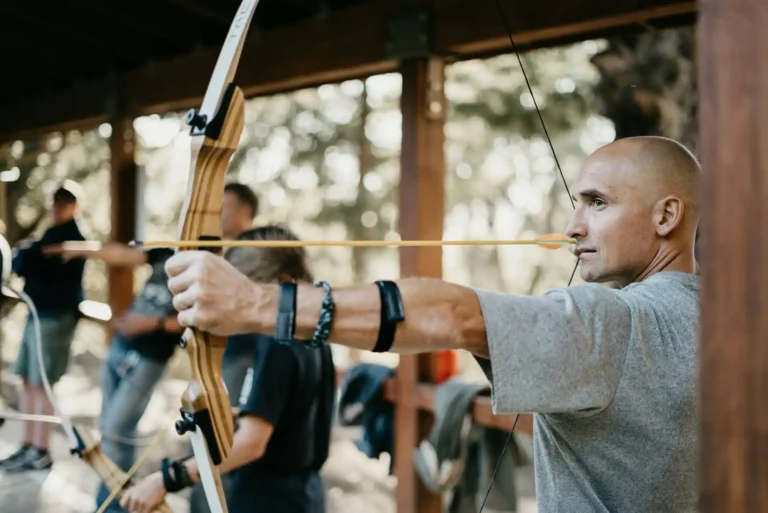A “rural lifestyle” group, such as Tractor Supply Co. and similar brands, dominates the retail market due to a combination of strong niche appeal, strategic growth, and community engagement. These companies primarily serve the needs of rural communities, small farmers, hobbyists, and suburban dwellers who aspire to a rural lifestyle. The appeal comes from the focus on essential goods—ranging from livestock feed to tools, outdoor gear, and home improvement products—that cater to both everyday needs and aspirational rural living.




Strategic Niche Focus
These retailers thrive by addressing the unique demands of rural life, providing products not commonly found in traditional urban or suburban stores. By offering a wide variety of farming equipment, pet supplies, gardening tools, and outdoor living products, they appeal to both professional farmers and hobbyists looking for self-sufficient lifestyles. This focus sets them apart from big-box retailers, which may not stock the specialized goods required for rural living.
Expansion into Broader Markets
While rooted in rural America, retailers like Tractor Supply have successfully expanded into suburban areas where the demand for rural-inspired goods is growing. The “back-to-the-land” trend has attracted consumers interested in gardening, pet care, DIY projects, and outdoor living, making rural lifestyle stores increasingly popular even outside traditional rural settings. By tapping into this broader market, these stores are well-positioned to cater to urban and suburban consumers who aspire to adopt aspects of rural living, such as growing their own food or maintaining large pets.








Community and Customer Loyalty
Another key factor in their dominance is their strong community ties and brand loyalty. Rural lifestyle retailers often engage deeply with their local communities, offering workshops, events, and customer loyalty programs that foster a sense of connection. They often hire locally and cater to the specific needs of the regions they serve, leading to high levels of customer satisfaction and repeat business.
In summary, rural lifestyle retailers succeed by focusing on a specific, loyal customer base, offering essential products that aren’t readily available elsewhere, and expanding strategically into new markets that value self-sufficiency and rural aesthetics.








